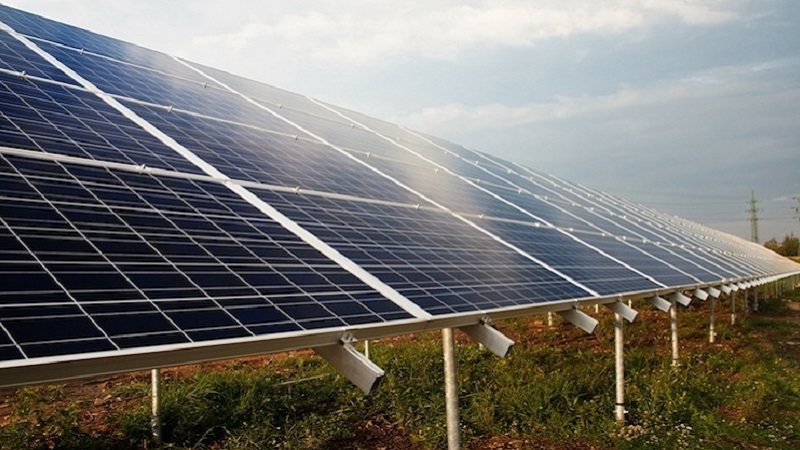As the U.S. appears on the edge of extending a renewable energy tax credit in response to the ongoing pandemic, the Institute for Energy Research (IER) is recommending renewable power reform in both American and Germany.
Both nations have long considered wind and solar technologies as "part of the generating system landscape" and the U.S. and Germany have provided substantial subsidies to renewable energy producers, the IER said in a July 1 article.
"Further, politicians in both the United States and Germany are using the coronavirus pandemic as a means to prop up these industries more, by putting additional burden on taxpayers," the IER article says. "Rather than propping up an expensive system, the system should be reformed to stand on its own, particularly given that the solar and wind industries and their advocates argue that they are now competitive with traditional generating technologies including fossil fuels, hydroelectric, and nuclear power."
The IER article tagged – but didn't mention – the Production Tax Credit (PTC) for Renewable Energy, a federal subsidy intended to encourage renewable energy developers. The PTC dates back to 1992, when it originally was introduced by U.S. Sen. Chuck Grassley (R-IA) and former U.S. House Rep. Phil Sharp (D-IN) as part of a larger energy package.
The PTC has been credited with helping to create the nation's wind industry – but in late 2015 Congress took steps to phase it out entirely by this year.
Last spring, the IRS issued a notice in response to pandemic-driven supply chain disruptions to give renewable energy developers more time to complete projects started in 2016 or 2017.
By June, Congress began considering extending the credit as part of a larger infrastructure package originally part of draft legislation in November.
Subsidies such at the PTC are proving too heavy for taxpayers to bear, the IER article says.
"Hiding the costs of renewable technologies through consumer- and taxpayer-funded subsidies is not sustainable, and extending those subsidies to technologies made necessary by renewable energy’s inherent intermittency (storage technologies) is simply throwing good money after bad," the article says.

